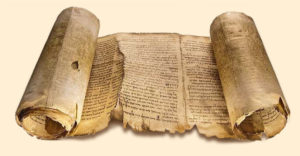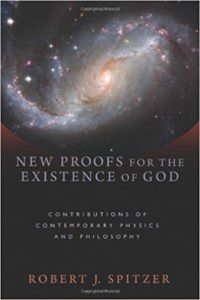
I. Summary of Defence of the Isaianic authorship by Gleason Archer
[Gleason Archer, the legendary professor of Old Testament at Trinity Evangelical Divinity School, Chicago (he modestly told me in 1984 that he only knew 28 languages although rumours were that he knew many more), wrote the following discussion as a supplement to his rebuttal of the critical arguments for source division of Isaiah 1-39 and Isaiah 40-66 based on “Alleged Differences in Theme and Subject Matter,” and “Alleged Differences in Language and Style.”]
Additional Proofs of the Genuineness of Isaiah 40–66
1. First of all it should be noted that Jesus ben Sirach (48:22–25) clearly assumes that Isaiah wrote chapters 40–66 of the book of Isaiah. E. J. Young notes, “The tradition of Isaianic authorship appears as early as Ecclesiasticus.
2. The New Testament writers clearly regard the author of Isaiah I and Isaiah II to be one and the same. Many of the New Testament quotations could be interpreted as referring to the book merely according to its traditional title, but there are other references which clearly imply the personality of the historic Isaiah himself. Continue reading “In Defence of Prophetic Authorship and Unity of the Book of Isaiah. Part 2/2”

